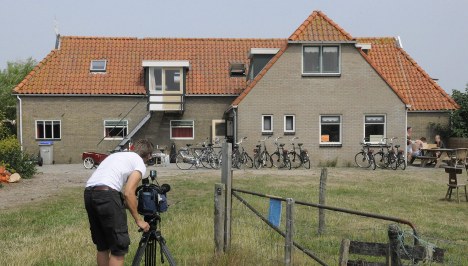As fresh details emerged about the incident, the Osnabrück state prosecution office in Lower Saxony revised their previous statement that six to eight youths aged 13 to 16 were under investigation.
The attackers allegedly used objects including cola bottles and broomstick handles to sexually assault between six and eight boys, all aged about 13, it was revealed.
The incidents have led to a debate about the need to improve supervision on summer camps. The Lower Saxony state sporting federation has already announced it will examine further measures for training of supervisors.
The attacks occurred in early July on the Dutch island of Ameland, in a youth dormitory of a holiday camp sponsored by the city of Osnabrück’s municipal sports association.
Two of the alleged perpetrators, both aged 13, had at first been victims themselves.
Three of the suspects had already admitted the offences, a spokesman for the prosecutors’ office said.
State prosecutors are also considering whether to charge supervisors with failure to assist. According to the prosecutors, supervisors failed to intervene after assault victims turned to them for help.
The Neue Osnabrücker Zeitung reported on Wednesday that further attacks were avoided only after the victims aggressively defended themselves, refused to be dragged from their beds, or fled out the dormitory’s fire escape.
Around 100 children attended the holiday camp in Buren on the island. The incident came to light only after a mother of one child contacted the police after his return.



 Please whitelist us to continue reading.
Please whitelist us to continue reading.
Member comments